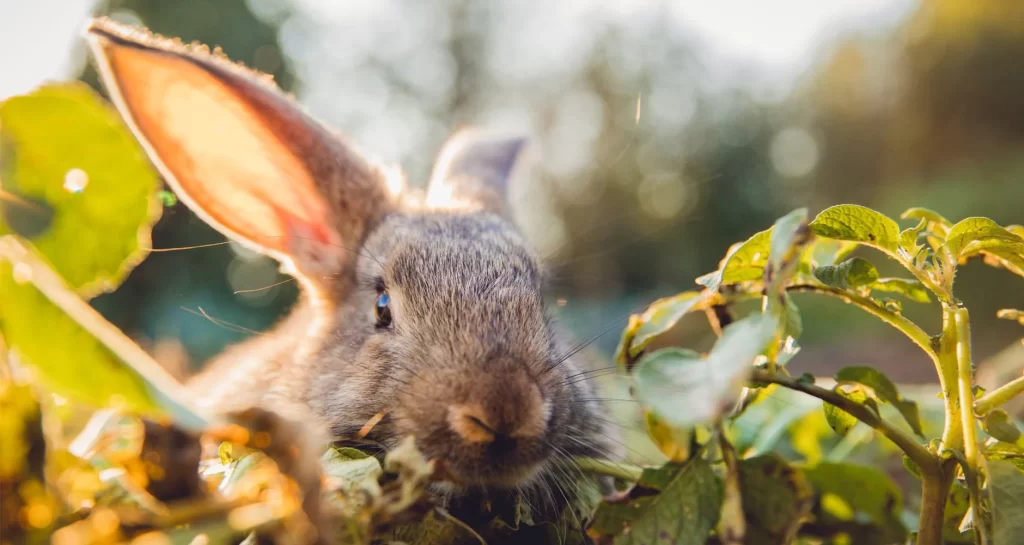Permaculture provides a holistic and sustainable framework for addressing agricultural, environmental, and socio-economic challenges. BPS aims to empower the school and surrounding communities to build resilient and self-sufficient systems that align with the principles of environmental stewardship and social equity. At Quaker Hill Academy, permaculture manifests through various small-scale farming projects aimed at promoting sustainability and self-sufficiency. Students actively engage in tending to pigs, rabbits, and chickens, fostering a hands-on understanding of animal husbandry and agricultural practices. These initiatives not only provide the school with its own food but also serve as valuable learning opportunities for students to develop practical skills and environmental awareness. The surplus produce generated from these farming endeavors is sold, contributing to the school's financial sustainability while also fostering a sense of entrepreneurship among students. Through the integration of permaculture principles into the school's curriculum, students learn the importance of resource management, biodiversity, and ecological stewardship. Overall, permaculture at Quaker Hill Academy embodies a holistic approach to education, where students actively participate in sustainable farming practices, cultivate a connection to the land, and develop a deeper appreciation for the interdependence of natural systems. Through these initiatives, the school not only nurtures the physical well-being of its community but also instills values of environmental responsibility and self-reliance in its students.

